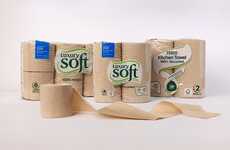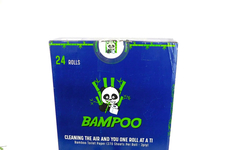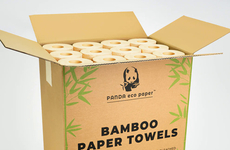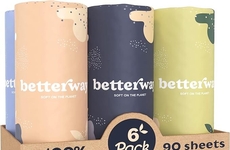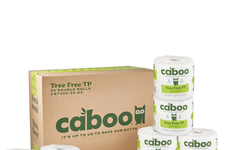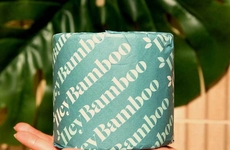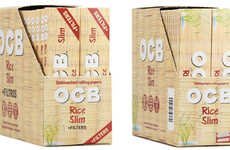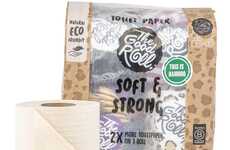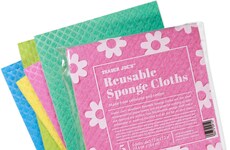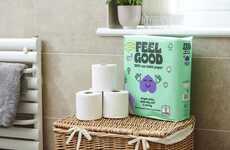


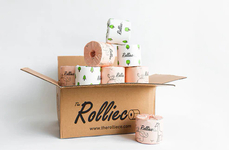
Toiletry brands are increasingly using recycled and organic materials
Trend - Toiletry companies are launching eco-friendly product lines with recycled and organic materials. Utilizing post-consumer recycled plastics, papers, and bamboo, these products further reduce the environmental footprint of single-use disposable papers, while only marginally increasing prices.
Insight - Environmentally-conscious consumers find pride in using products from brands that align with their personal values. These consumers are far more likely to purchase products with recyclable packaging, recycled materials, and without single-use plastics. These consumers believe in voting with their dollar toward products that make progress toward a genuine greener future. As a result, brands from typically unsustainable industries, such as toiletries, are now turning to recycled materials.
Insight - Environmentally-conscious consumers find pride in using products from brands that align with their personal values. These consumers are far more likely to purchase products with recyclable packaging, recycled materials, and without single-use plastics. These consumers believe in voting with their dollar toward products that make progress toward a genuine greener future. As a result, brands from typically unsustainable industries, such as toiletries, are now turning to recycled materials.
Workshop Question - How could your brand make a difference in its industry sector by incorporating post-consumer and recyclable materials?
Trend Themes
1. Eco-friendly Packaging - Innovations in packaging materials focus on recyclability and reducing single-use plastics to cater to the rising demand for sustainable products.
2. Zero-waste Products - The push for zero-waste operations leads to product lines emphasizing minimal to zero waste in both production and consumption stages.
3. Sustainable Fibers - The use of alternative materials like bamboo and recycled fibers is transforming product offerings to address concerns over environmental degradation and resource depletion.
Industry Implications
1. Consumer Goods - Adoption of sustainable materials can drastically reduce the environmental footprint of everyday products and appeal to eco-conscious consumers.
2. Packaging Industry - The shift toward recyclable and reduced CO2 packaging represents significant innovation opportunities in material science and design.
3. Forestry and Biomaterials - Exploring alternatives like bamboo reshapes supply chains by reducing reliance on traditional timber and mitigating deforestation impacts.
5 Featured, 39 Examples:
38,886 Total Clicks
Date Range:
Aug 22 — Sep 24
Trending:
This Year and Warm
Consumer Insight Topics:
